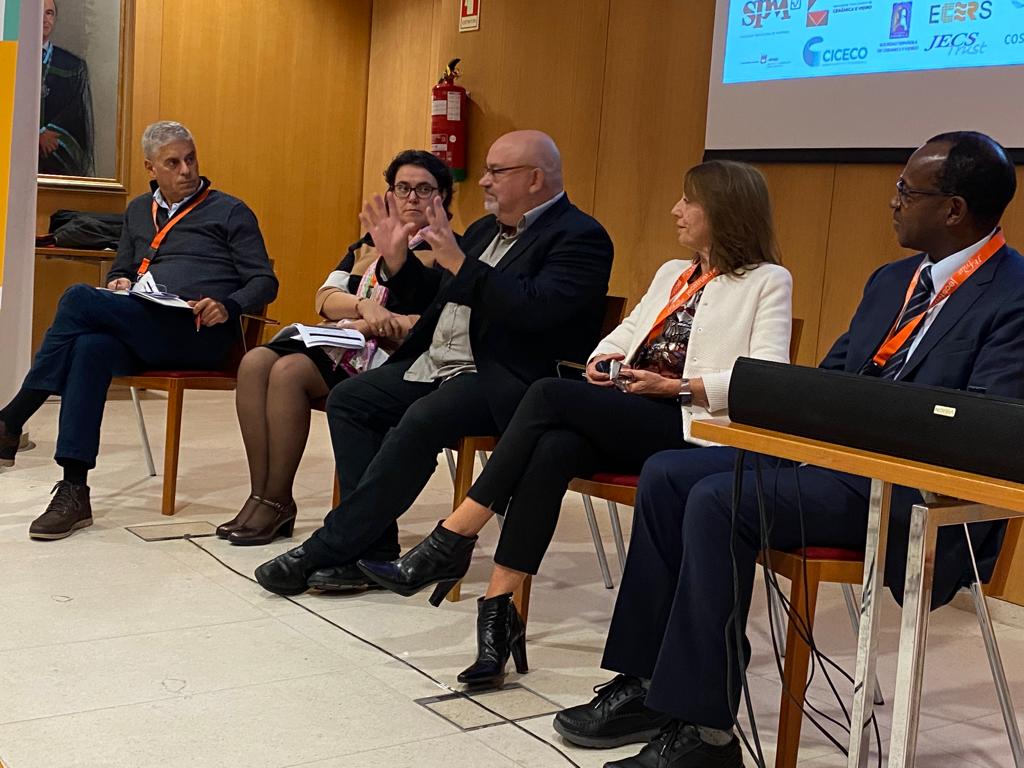Sustainability in the Portuguese Ceramics Industry
The Portuguese ceramic’s industry is composed of ~1000 companies principally concerned with construction and traditional ceramics and employs around 16,000 people. It constitutes 0.5% of GDP of Portugal (£230 billion p.a. with a population of ~10.5m), generates a turnover of ~1.2% of GDP and in 2017 was responsible for ~ 4% of the total and almost 17% of industrial consumption of natural gas. [3] Portugal is the number one European manufacturer of ceramic tableware and in the top 5 for sanitary and construction. A healthy sustainable ceramics sector is therefore vital to the Portuguese economy and an ideal test case to develop concepts and strategies as we move towards net zero carbon production by 2050.

Our director recently attended a workshop (Energy and Decarbonisation of the Ceramic Industry) in Portugal to explore strategies and concepts to enable net zero carbon production of ceramics. The audience was composed of both industrialists and academics with presentations given by both. He gave a talk on his personal research which explores the use of ‘cold sintering’ in the manufacture of ceramics. Cold sintering is an emerging technology that uses pressure in the presence of a liquid medium to reduce the temperature of densification to <300 oC. Other talks concerned MW assisted and field assisted sintering with the express purpose of decarbonising the sector. In addition to energy efficient manufacturing, the use of alternative waste products as raw materials was discussed such as eggshells as a source of CaCO3. Roadmaps for decarbonisation were presented with the merits of hydrogen. vs electrification debated within panel sessions.
Published: December 7th, 2022
Posted in
News, TFI Network+ News, Uncategorised





